How to tour Europe after Brexit
With it looking increasingly likely that the UK will leave the EU on 31st October 2019 with no deal, Visordown looks at the facts that could impact your next EU motorcycle tour
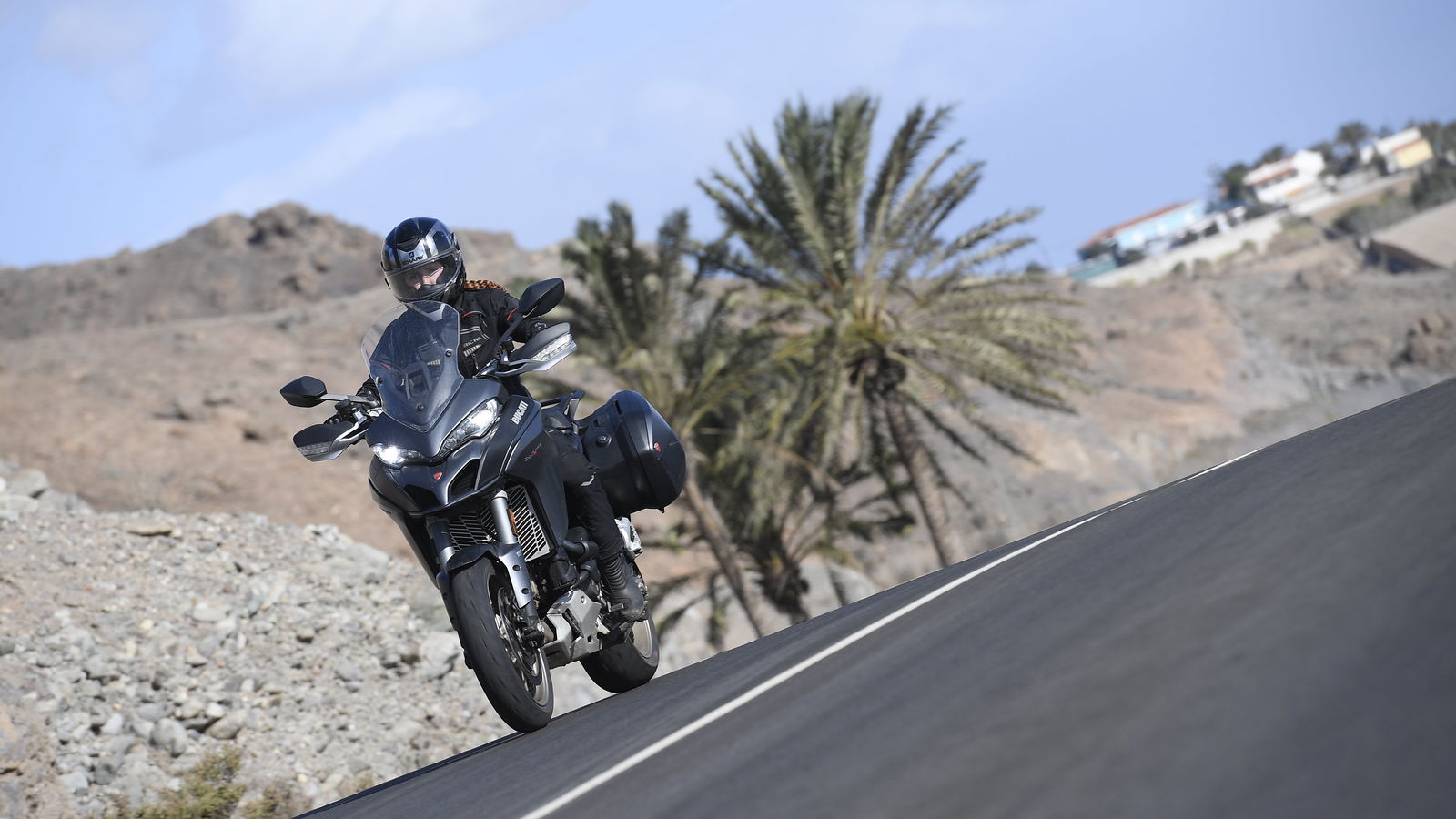
BREXIT looks set to take place on 31st October 2019 and regardless of your political standing, it will have some effect on how you use your motorcycle on the continent. With EU motorcycle tours still as popular as ever, Visordown gives you all you need to know about touring in the EU post Brexit.
Firstly, this is an impartial rundown of the things you should consider for any EU motorcycle tours that you have planned for after 31st October. It isn’t written from one political standpoint or another and is just a collection of facts and is intended to be used as a tool for motorcycle travellers – not a jumping-off point for a political debate.
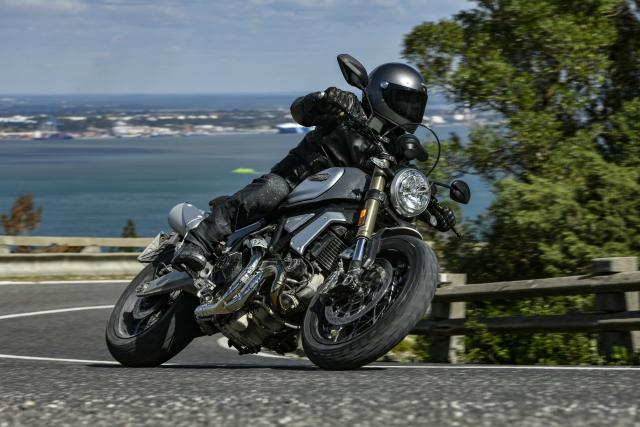
What is an International Driving Permit?
International Driving Permits (or IDPs) will be required to drive in the UK after the 31st October and it should accompany your UK driving licence. IDPs can be bought from your local Post Office branch and they cost £5.50, although multiple countries may require different types of IDPs meaning you may have to buy in bulk.
Cyprus, Malta, and Spain would require a 1949 IDP with is valid for 12-months. All other EU states require a 1968 IDP, which is valid for three years or for however long your driving licence is valid for if that date is earlier than three years.
Travelling from the UK to Spain and riding will require both the 1949 IDP and the 1968 IDP costing a total of £11.
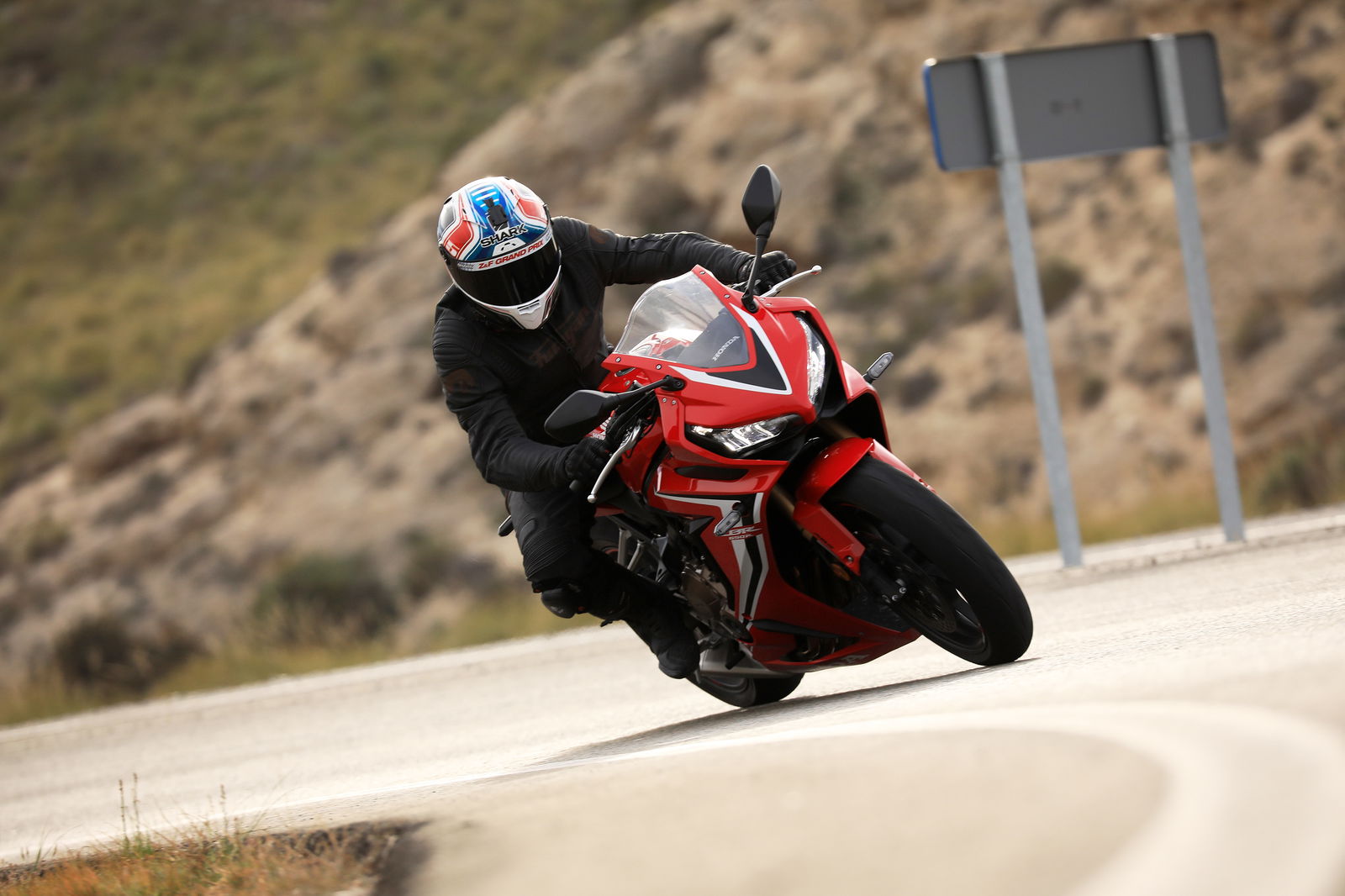
What is an Insurance Green Card?
An Insurance Green Card (or IGC) is an international insurance certificate, which guarantees that the holder has at least third party cover for the country they are travelling in. Most European Insurance authorities have given the UK the green light not to use ICGs moving forwards, although the European Commission hasn’t confirmed that this is the case.
With that in mind the Association of British Insurers (ABI) are asking any European travellers obtain an ICG before traveling in the event of a no-deal Brexit.
An ICG is not actually a card but more a certificate that lists the cover you have in several EU languages. Most insurers include the ICG on the back of the paper insurance certificate, a duplicate of this should be fine.
.jpg?width=1600)
What happens if I have an accident abroad?
It’s not a scenario that anyone wants to dwell on for too long, but it could happen and post Brexit there are a number of things that will change if you do have a crash.
No-deal Brexit also means your European Health Insurance Card (or EHIC) will no longer provide you with the cover it once did, specific motorcycle travel insurance will be required and buy carefully – not all travel cover is the same. Make sure it’ll cover you, your pillion if you are taking one and any luggage and tech equipment you are taking should the bike be a total loss in a fire, theft or crash.
Another change will be the way that your motorcycle accident will be reported. Previously this would involve you contacting your UK insurance company’s claims team and starting the claim process in this way. The Government has issued advice that states that the UK travellers in Europe ‘should not expect to be able to make a claim in respect of that accident via a UK-based Claims Representative or the UK Motor Insurers’. Instead, you will have to begin the claims process in the country that you are in. Uninsured loss recovery (uninsured driver cover) could be null and void post Brexit, meaning if you are hit by an uninsured driver in some EU countries, you may not receive any compensation whatsoever.
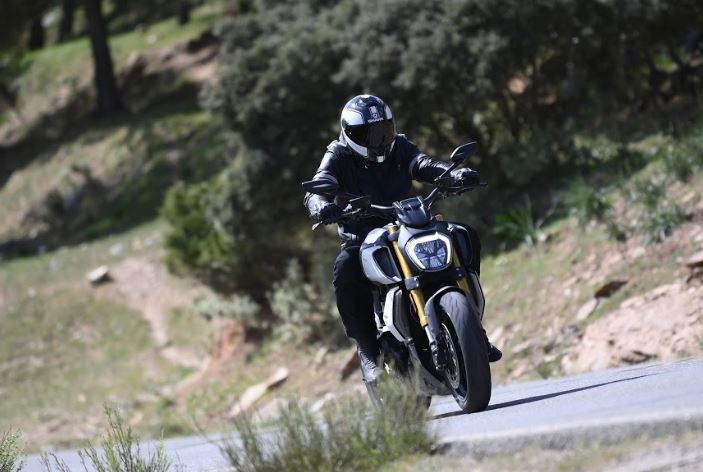
Will my passport be valid post Brexit?
In short yes, although there are some considerations. As a non-EU national, making sure that your passport has at least six months left on it would be required. You would also have to join the ‘non-EU’ queue at the airport if you are flying within the EU.
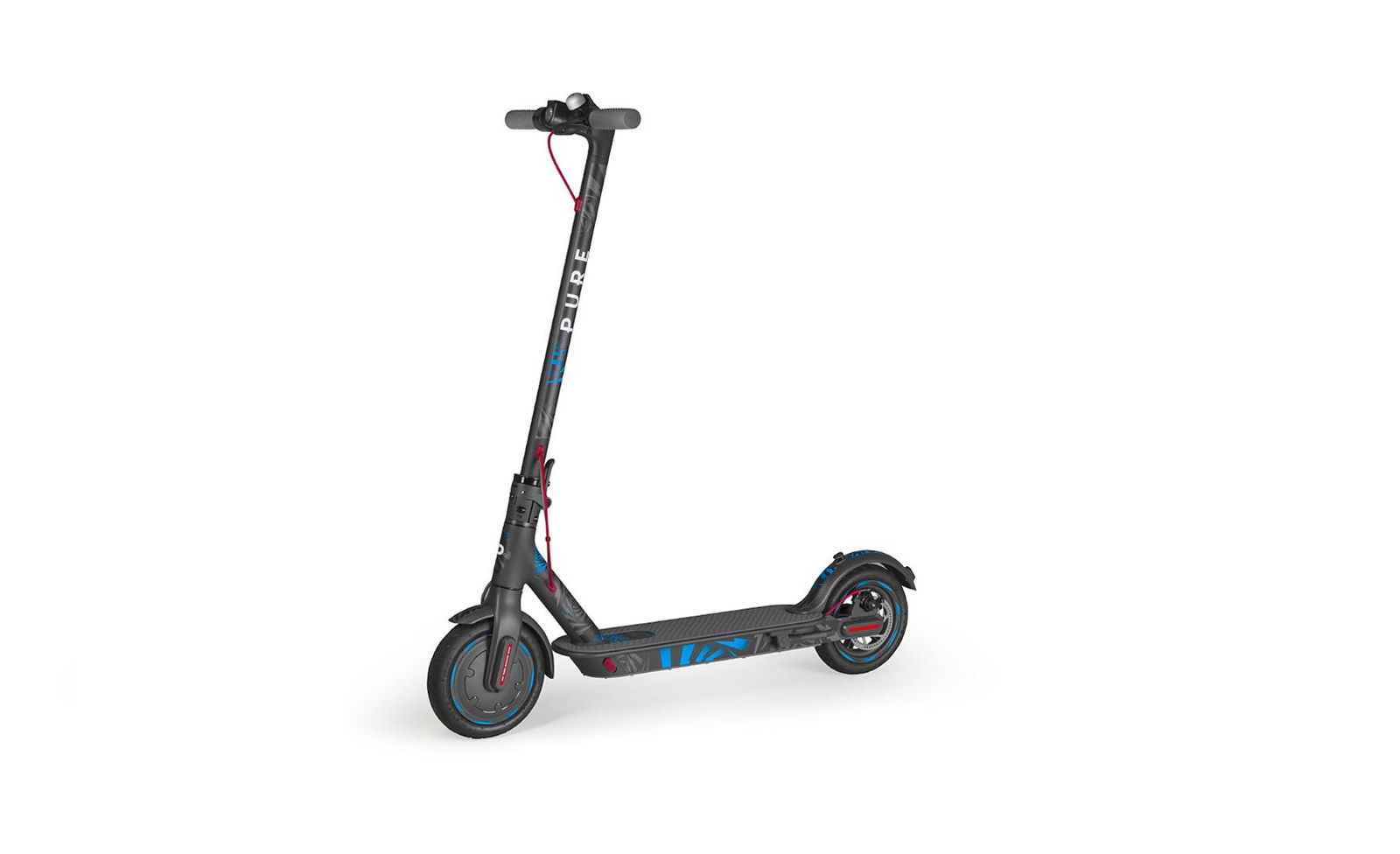
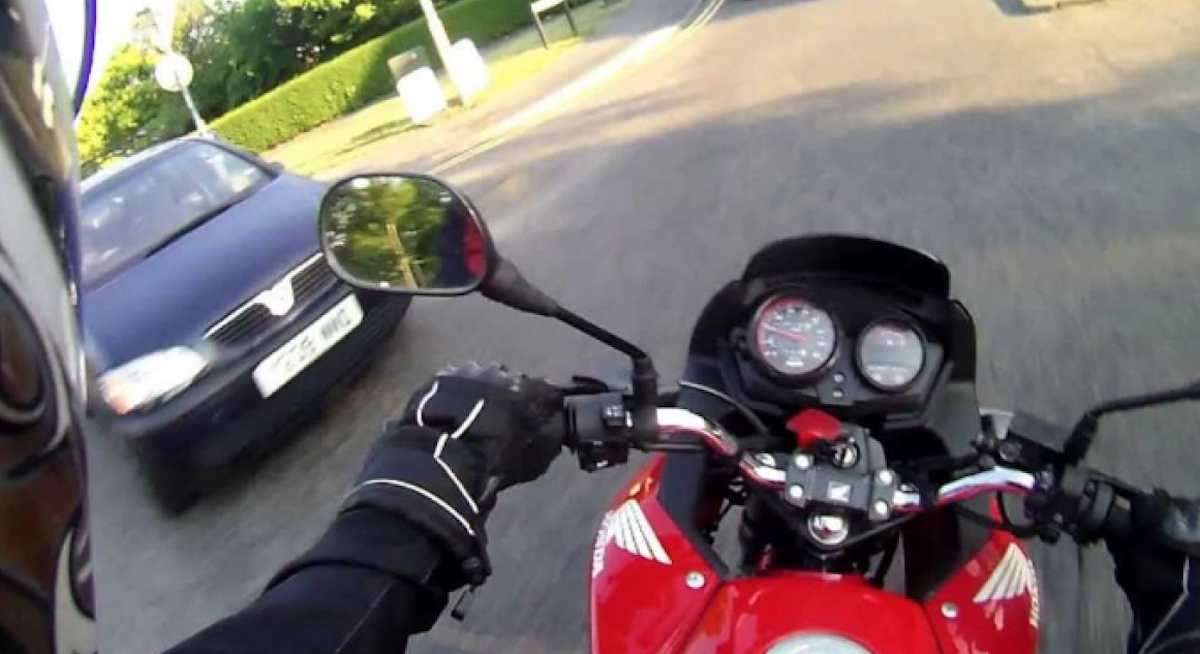




![Scott Redding - Be Wiser Ducati, 2019 BSB [credit: Ian Hopgood]](https://cdn.visordown.com/field/image/IMG_6912.JPG?aspect_ratio=1:1)

